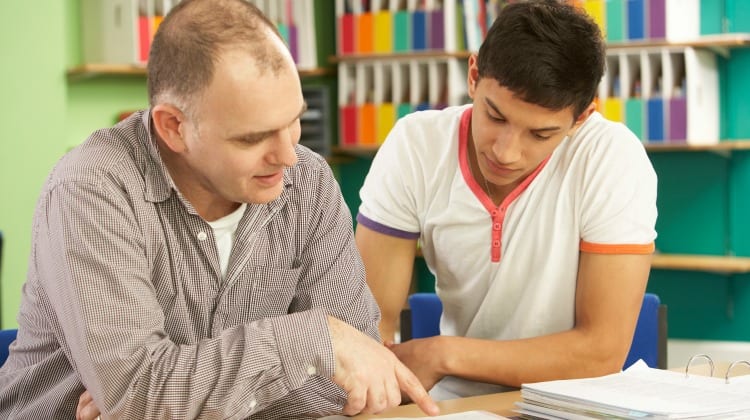If you are dealing with a rehabilitative teen, you definitely have a delicate phase to handle. You must keep in mind that your troubled teen is very susceptible to recurring bouts of whatever mental disorder he/she may be struggling with. In general, may your troubled teen be suffering from an eating disorder to depression, this period of time may be as delicate as porcelain. As difficult as it may be to try and envision yourself in your teenager’s position, you must give it a shot. If you don’t, and continue to think as a concerned parent for his/her child, you may risk pushing your teenager’s buttons. This is a dangerous matter. For example, if your troubled teen is struggling with an eating disorder and is finally considered in a “safe” condition by his/her physician, talking about going out for ice cream with the whole family blatantly may still be delicate territory to tread. You must remember what buttons to steer clear of once your child has recovered or is on his/her way to recovery from a mental disorder. In many studied cases, the newly recovered stage or the final stage to recovery can be the most delicate. These points in time of recovery can either make or break one’s entire recovery process. Repercussions of the disorder are highly likely to go through your teenager’s mind at this time. It is vital to be very observant of him/her and his/her actions.
Noticing signs of relapse
What do you do if you start noticing signs of your troubled teen going into relapse?
It is important to address his/her situation immediately. Before his/her mental state collapses or he/she falls even deeper into the pit of depression or obsessive-compulsive tendencies, you must try to keep your child’s mental thinking/aura adrift. By this point, you should be fully aware of your troubled teen’s sensitive spots and as much as possible you should help your teenager veer away from situations or contexts where he/she may be left mentally vulnerable and exposed. Weak from the emotional/mental trauma that mental disorders can put your child through, you’re aim in order to help your teen is to try to make things better and give him/her a helping hand. There are parents who think of this concept as sheltering the teenager from the reality that he/she must face, but considering this idea through another perspective one may realize that it is merely a way of offering your child a hand when he/she has tripped and fallen.





